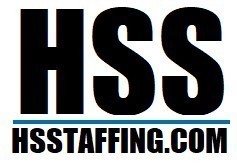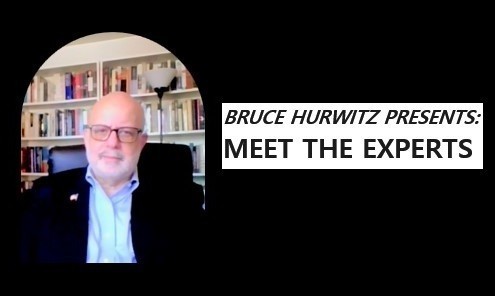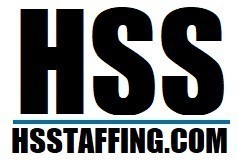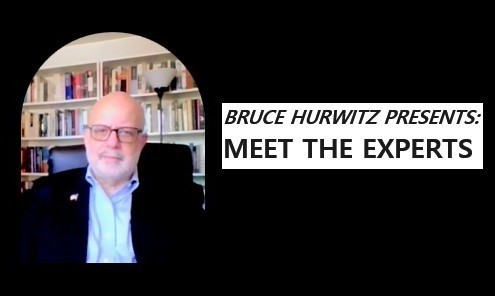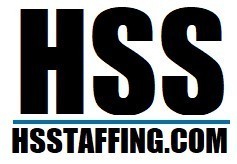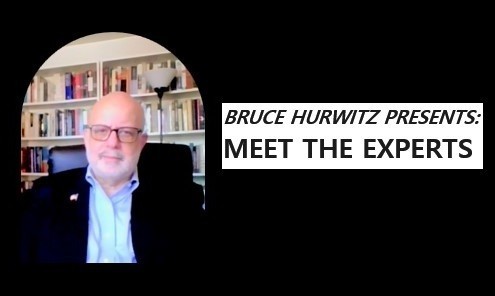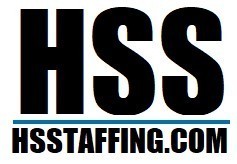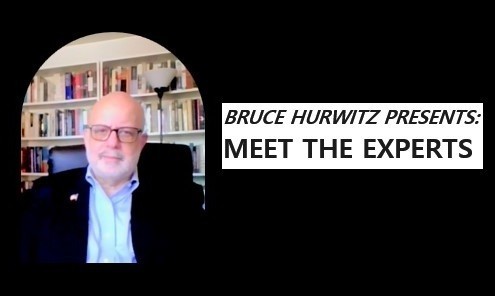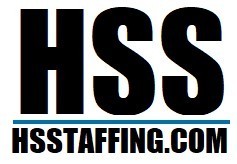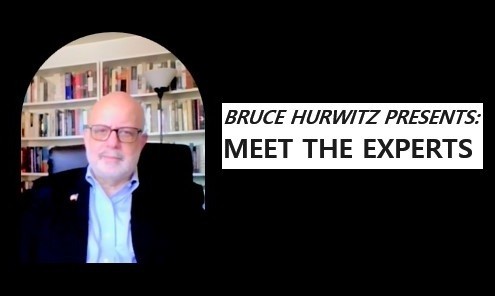This is the first in a series of eight articles geared towards recruiters, but which will provide important insights to job seekers.
Every candidate knows, or should know, that a job search is a numbers game. The more applications submitted, the greater the chance of securing an interview. The more interviews, the greater the chance of securing a job offer. It’s not exactly quantity over quality; both are important. Sometimes applying for a job on a lark, can result in a new career.
The same is true for recruiters. If they submit a large quantity of candidates to an employer, regardless of quality, it can also result in a new career. They won’t be a recruiter much longer!
No employer hires a recruiter to receive anything other than quality resumes. Advertise a position and everyone knows that 90% will be, pardon my phraseology, garbage. This does not mean 90% of the candidates are bad people or terrible employees. All it means is that they are not right for the specific job the employer is looking to fill.
So, what’s a recruiter to do? Their job! They must screen all applicants.
The first phase in the process is simple. A professional recruiter only needs about five seconds reading an applicant’s resume to eliminate non-qualified candidates. They look at the requirements the employer has established for the position and then the simply check them off by comparing them to the resume. Stayed a minimum of four years at most of their jobs (i.e., they have a stable work record)? Check. Master’s degree? Check. CPA? Check. Minimum 10 years’ experience? Check. Those that don’t check, get scanned because they may “check” for a future search.
Now comes the fun part. The applicant has to be contacted for a phone telephone review. They have probably applied for scores, even hundreds of jobs. It is perfectly reasonable for them to ask for the job description to be emailed to them. It will make their life easier, and the recruiter’s. It simplifies the process when both parties are reviewing the same document.
The recruiter then confirms that they were correct in classifying the applicant as qualified. Then the recruiter has to change their focus from qualifications to responsibilities, confirming that the applicant has done most, if not all, of the work previously. Few applicants are perfect. They may not have done one or two of the responsibilities of the job. That should not disqualify them because they may have had other duties which will appeal to the employer.
Assuming the conversation, which should not take more than 10 minutes, goes well, the next step in the process is to have a video interview. Conducting a video interview protects the recruiter from charges of unprofessional behavior, allows the recruiter to focus on the applicant and not on taking notes, and gives the employer a very good idea of not just the applicant’s qualifications, but their presentation skills and personality.
If all goes well, and in the opinion of the recruiter the applicant is qualified, they become an actual candidate. This does not mean that the only candidates submitted are those who are close to, if not in fact, perfect. The employer is hiring the recruiter not simply to avoid having to wade through a torrent of worthless resumes searching for the gems, but also for their opinion. Sometimes a recruiter finds someone who is not a perfect match but is someone they feel the employer should meet. If the recruiter has not wasted the employer’s time by prioritizing the quantity over the quality of candidates, they should have the credibility to get the employer to consider a non-traditional candidate.
And that is the balance: low quantity and high quality.
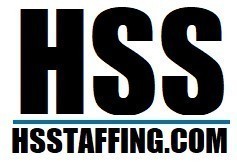
While we work with everyone, our mission is to promote the hiring of veterans and first responders. Please consider us for all your staffing, career counseling and professional writing needs.

I am delighted to be associated with SourceOwls. Have a challenging job to fill? Looking for a team of recruiters? Look no further. Click here!
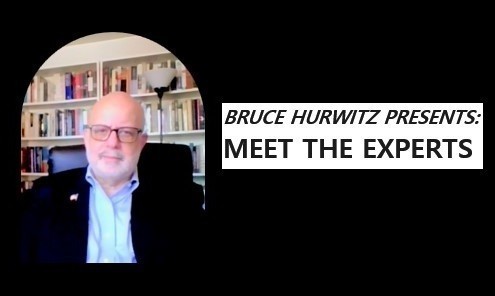
ARE YOU AN EXPERT IN YOUR FIELD? THEN I INVITE YOU TO BE A GUEST ON MY INTERNATIONAL PODCAST, BRUCE HURWITZ PRESENTS: MEET THE EXPERTS. FOR COMPLETE DETAILS, TO APPLY AND TO SCHEDULE AN INTERVIEW VISIT: https://hsstaffing.com/video-podcast
Future Articles:
- Optimizing Candidate Submissions
- The Resume as a First Impression
- Strategic Approaches to Job Selection and Avoidance
- The Crucial Role of Interview Preparation in Candidate Placement
- Thoughtful Debriefing with Candidates
- Cultivating Advisor Relationships with Premier Candidates
- Efficient Candidate Vetting
- References
- You Accept One Job and Another is Offered
- LinkedIn’s SSI

